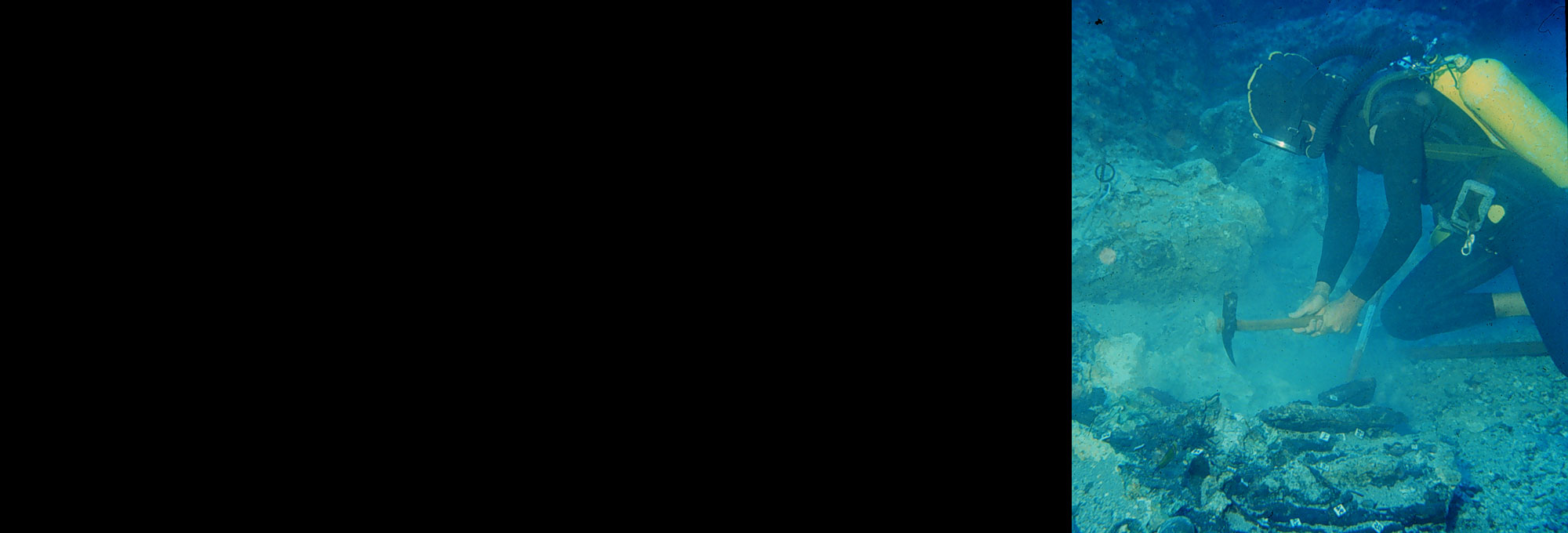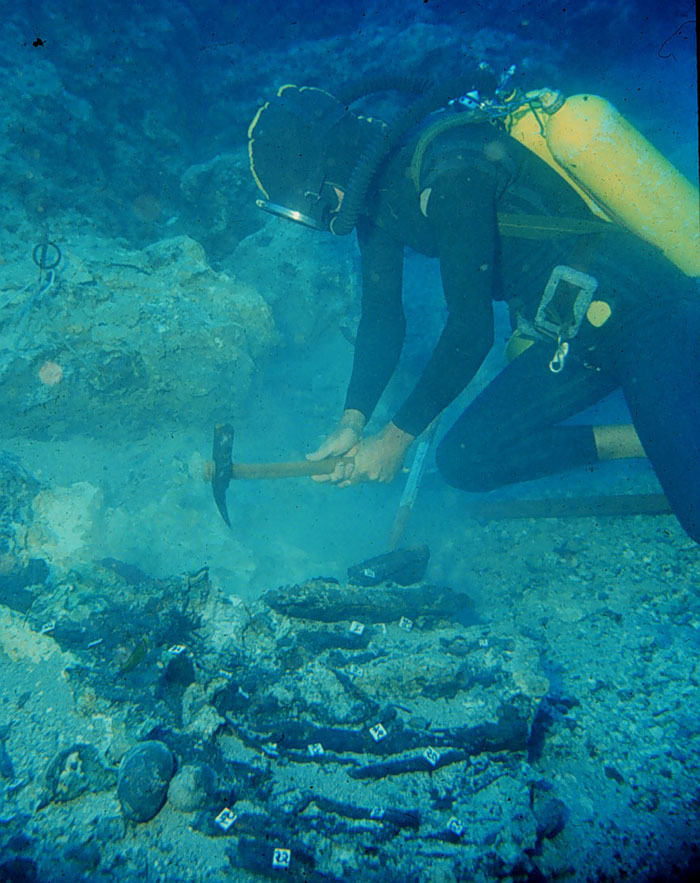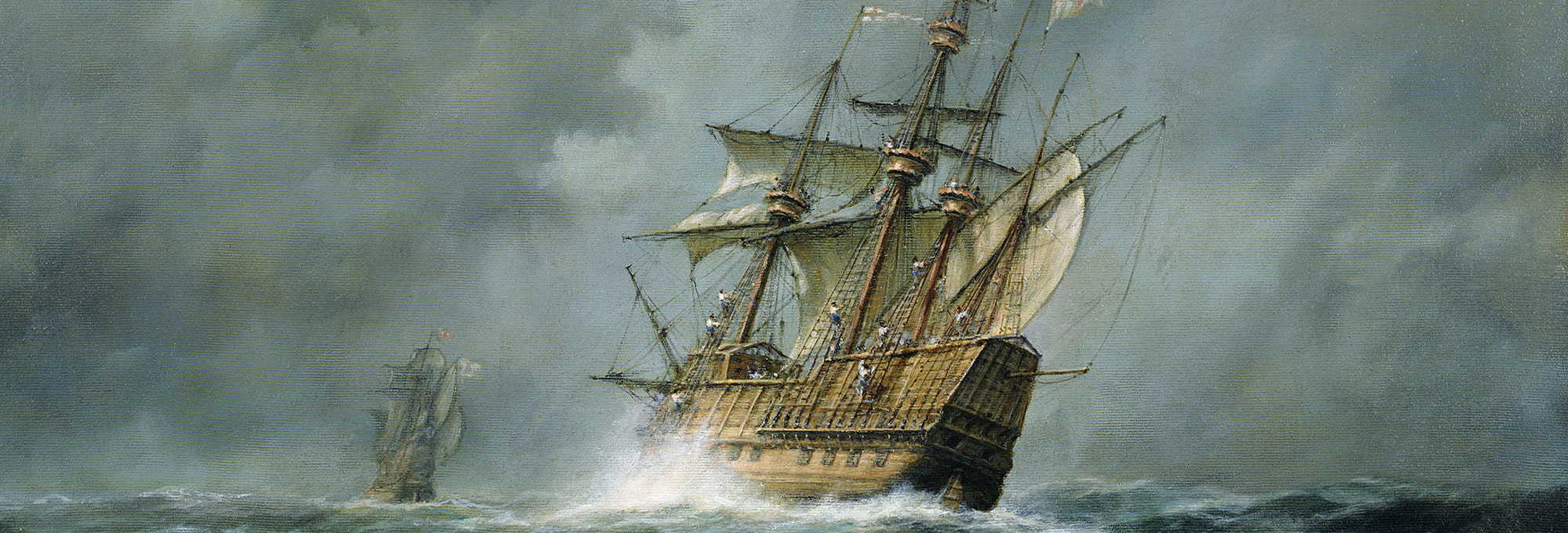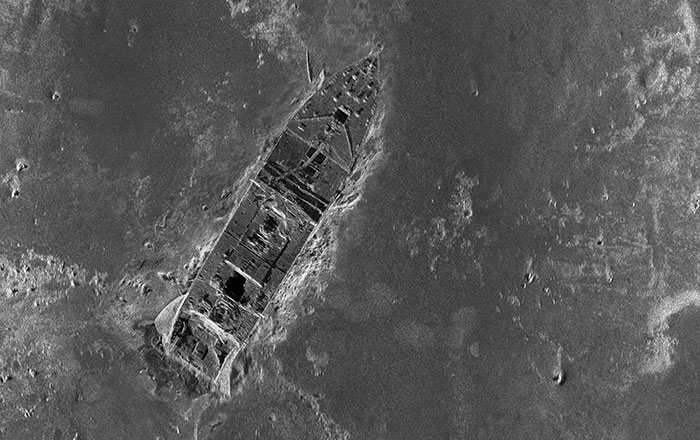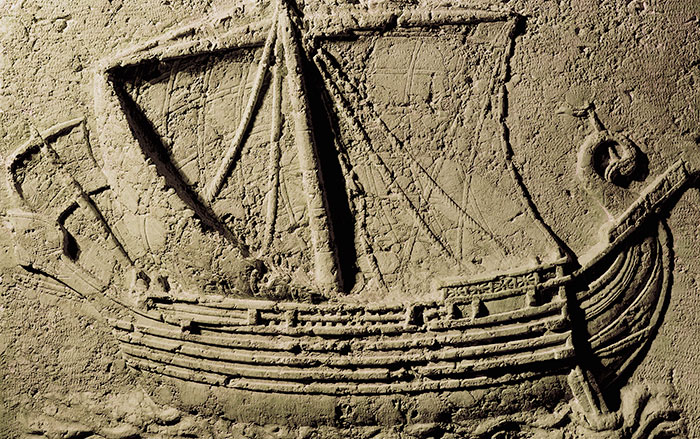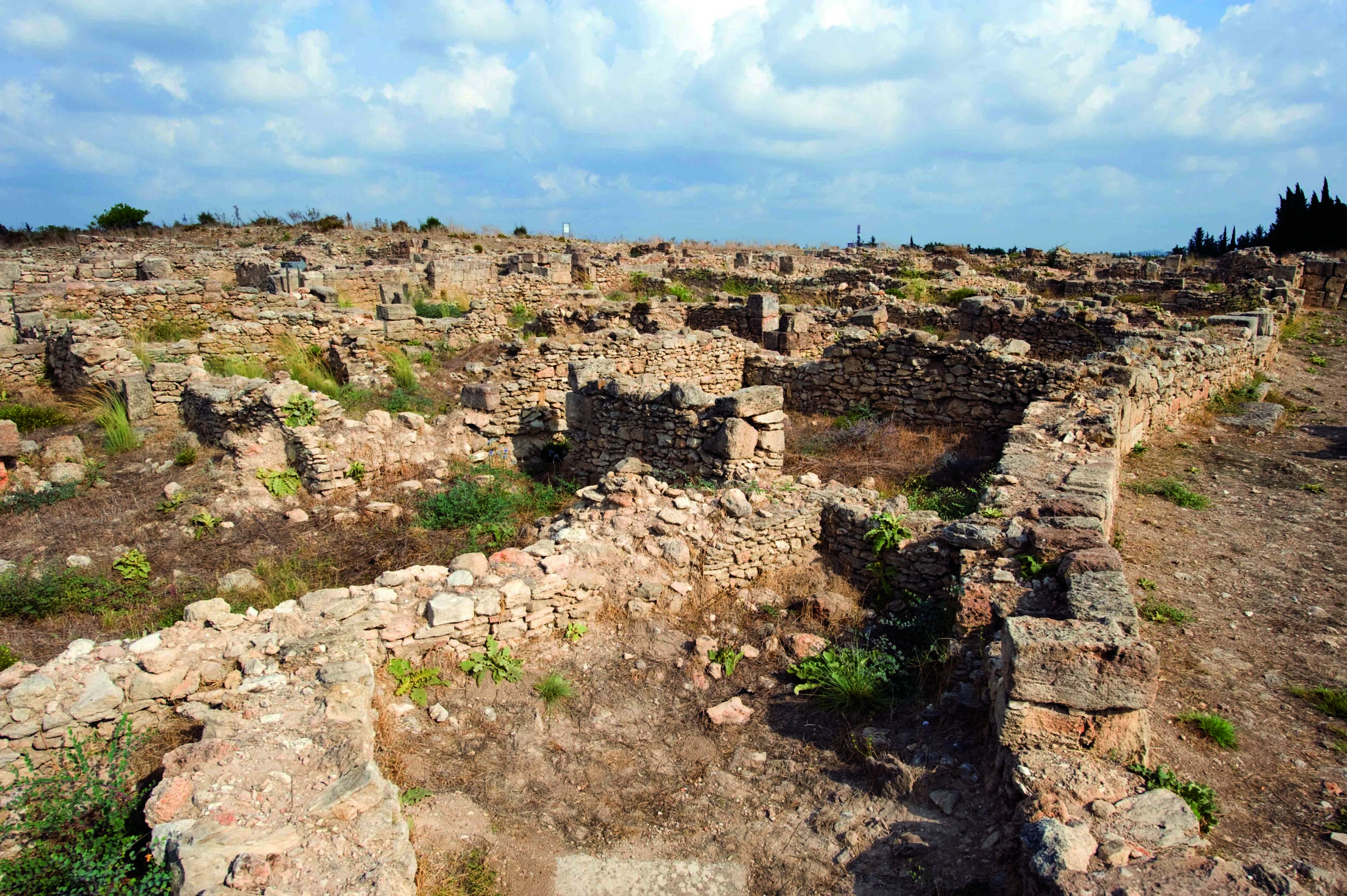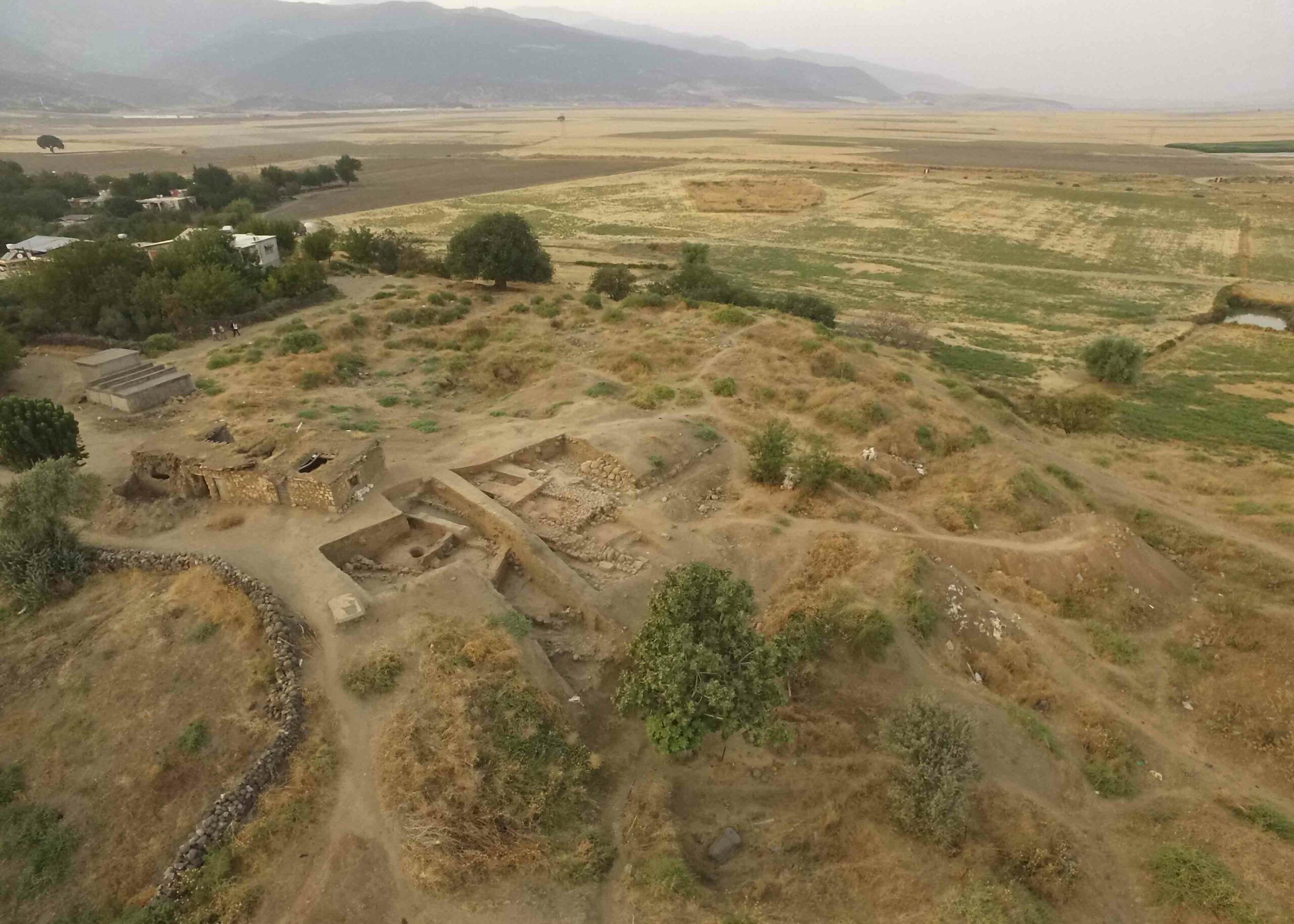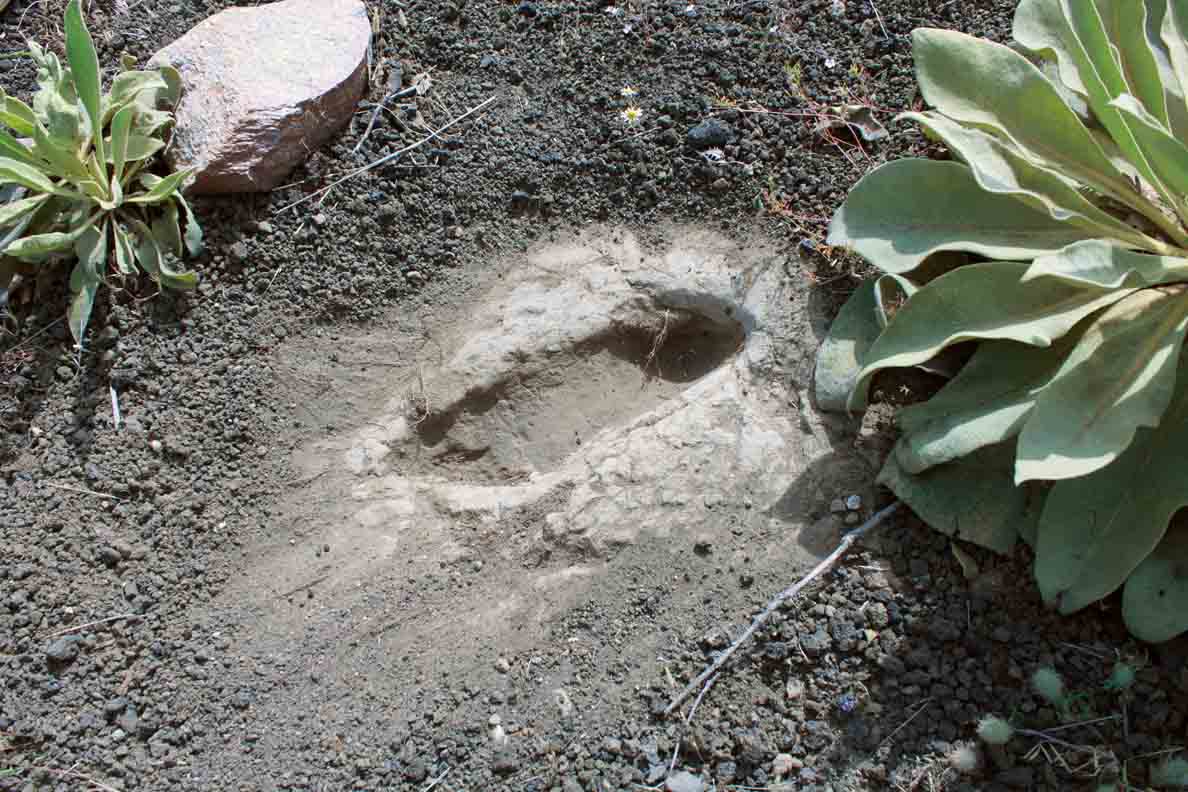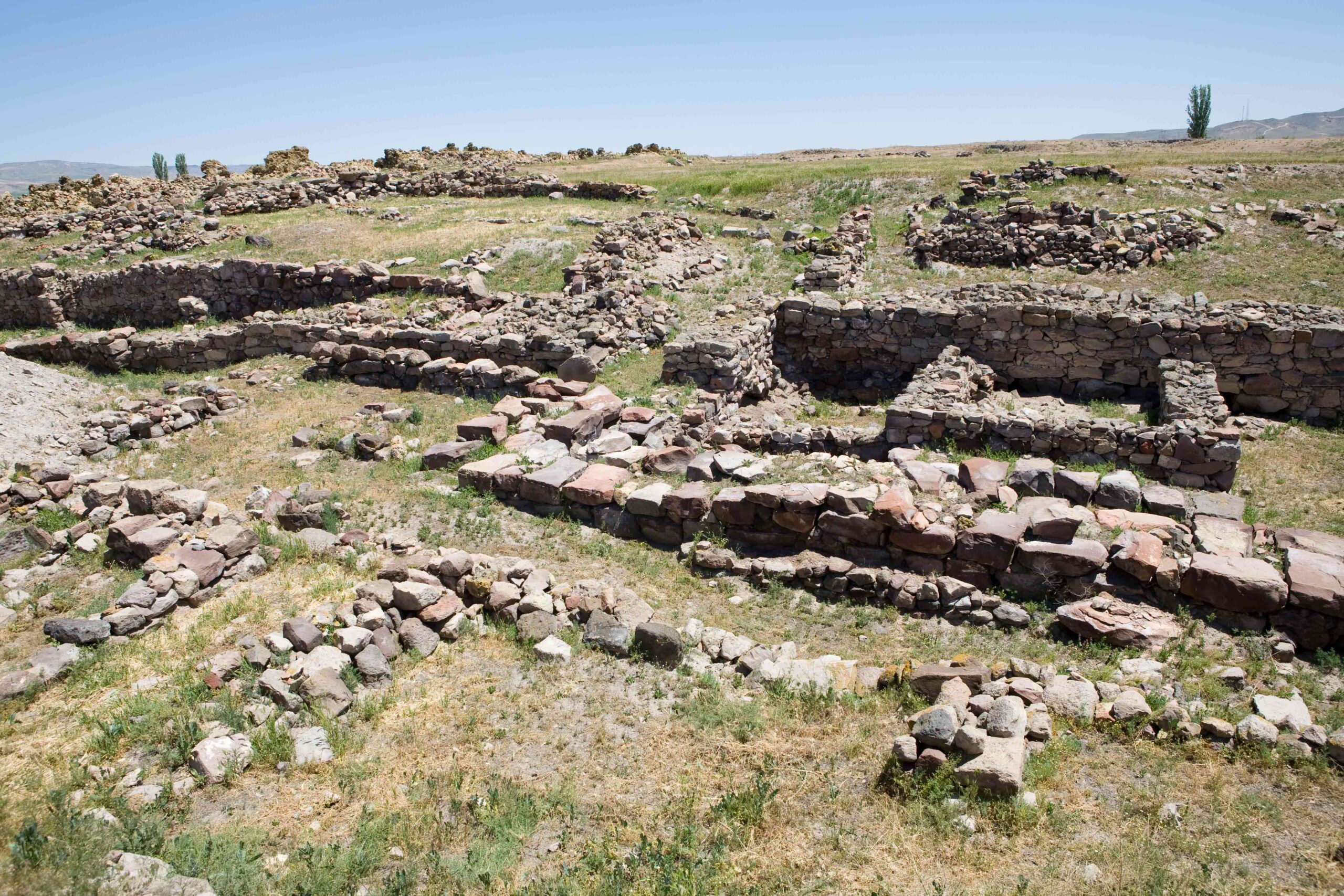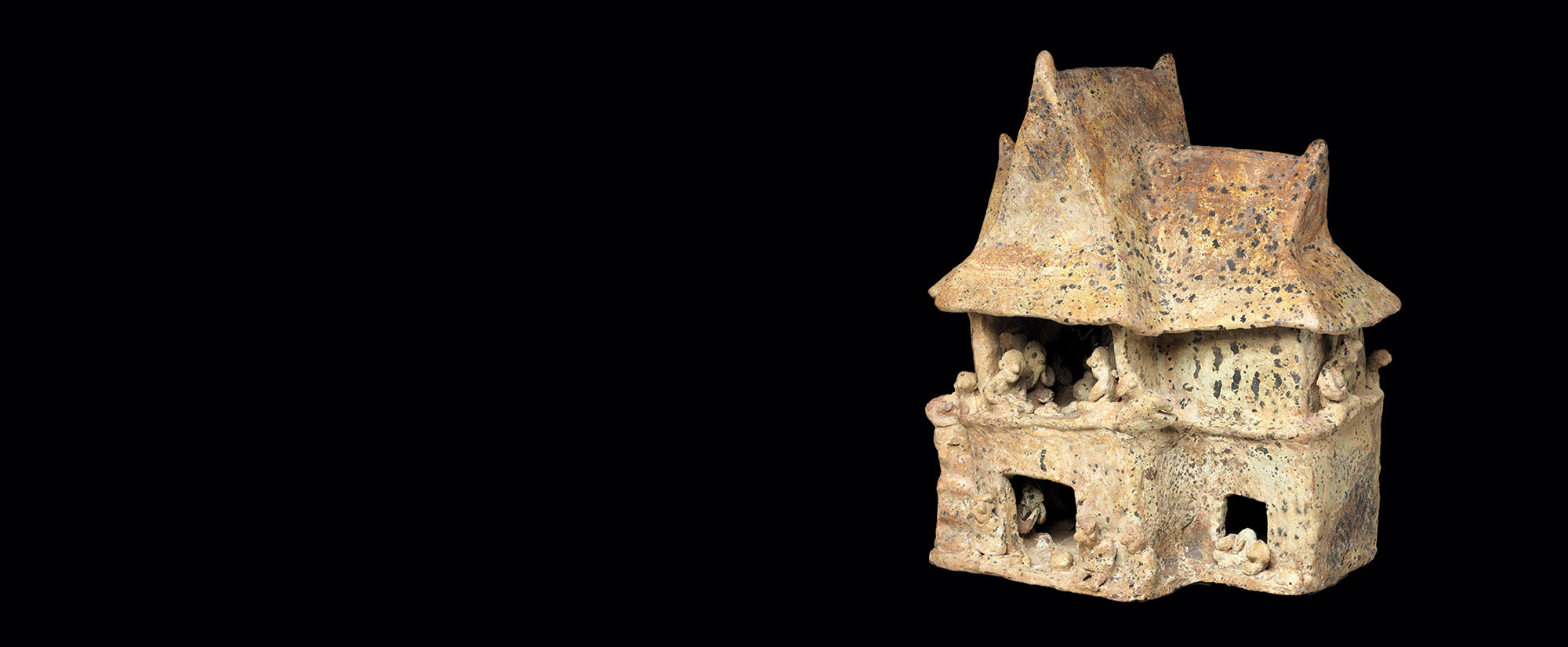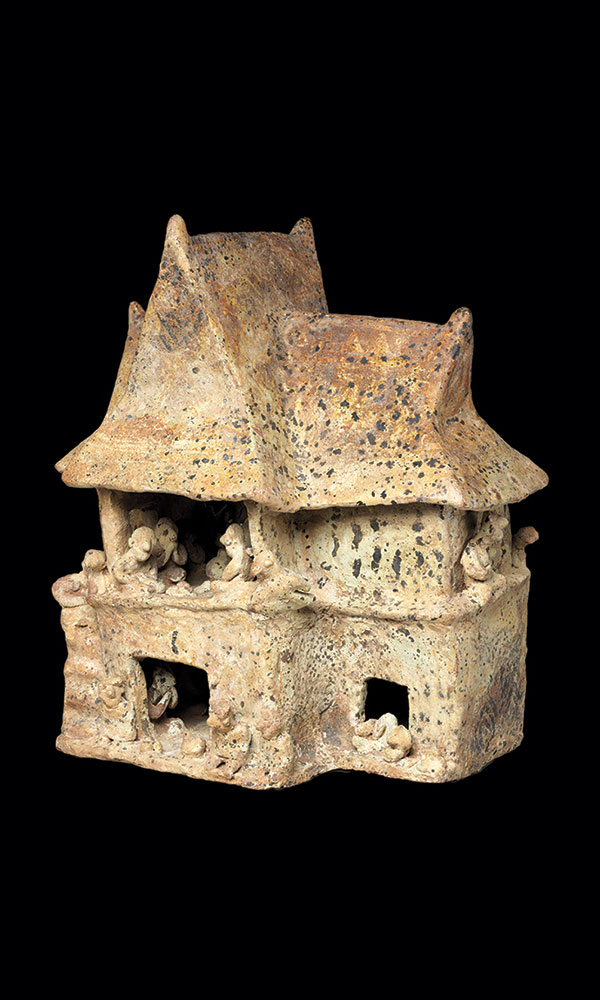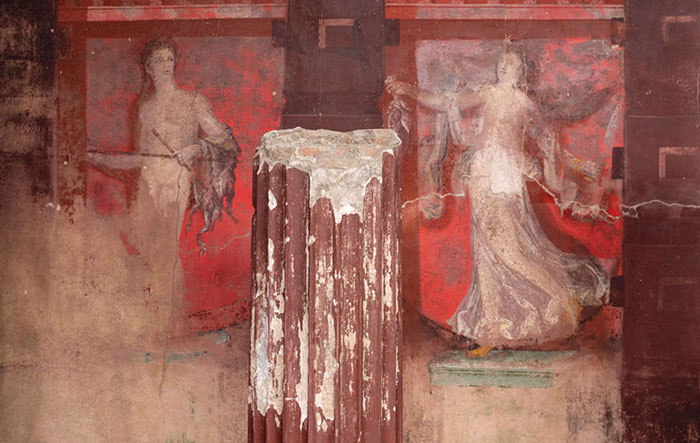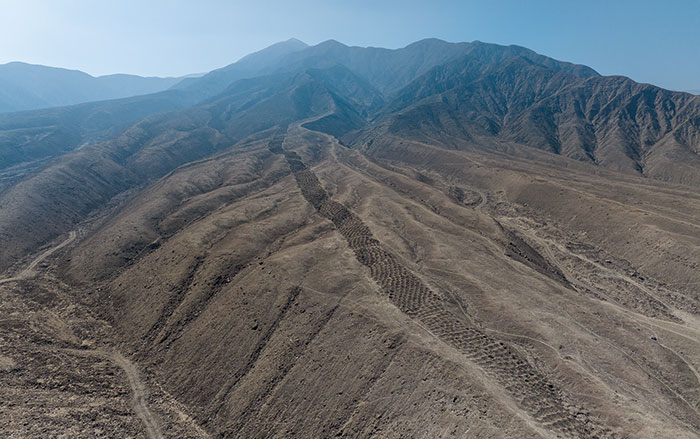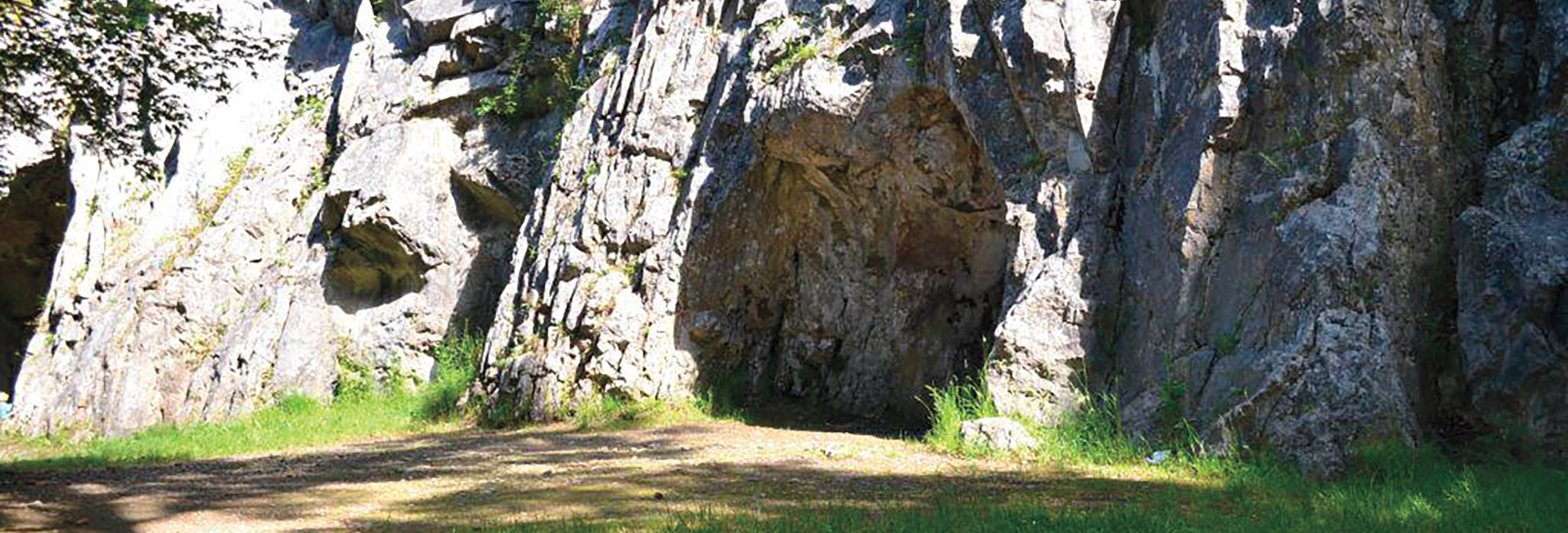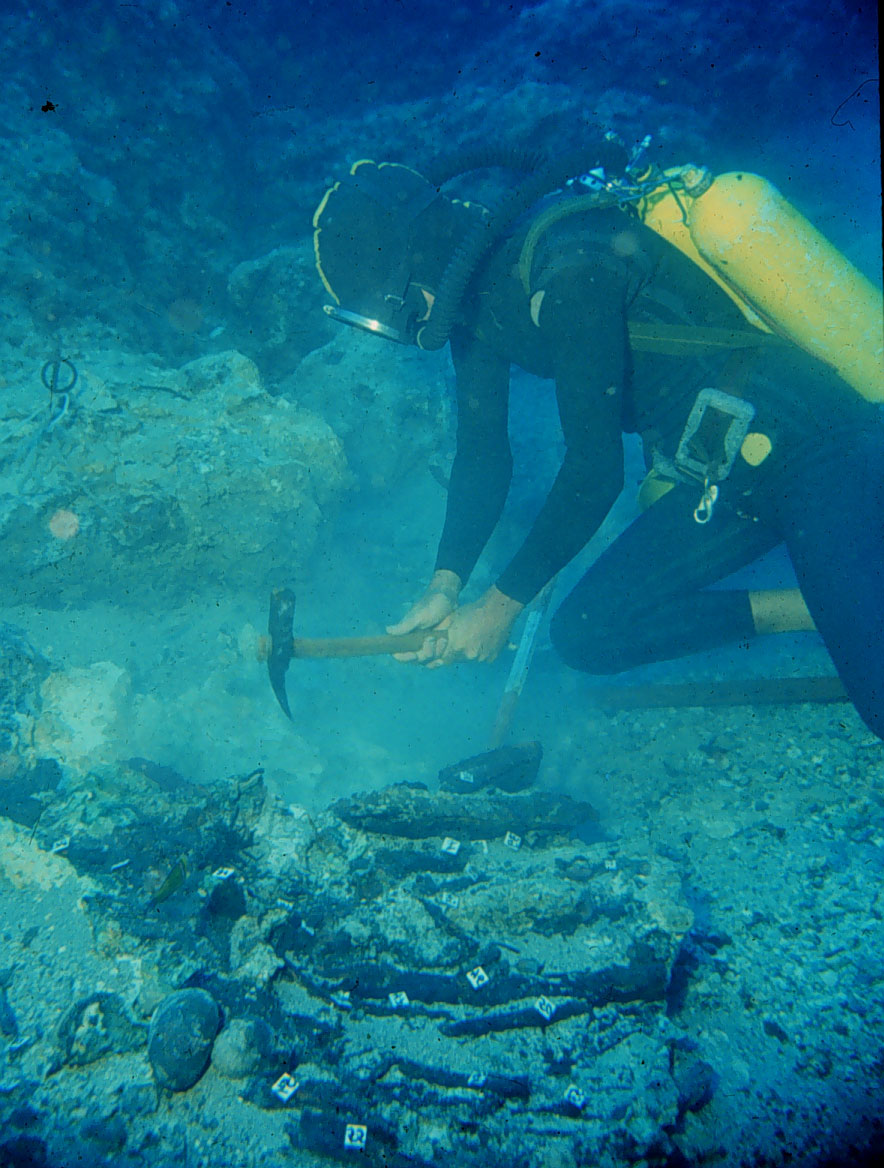
The two oldest wrecks ever excavated, these two Bronze Age ships and their cargoes, were discovered off the coast of Turkey. Excavated in 1960 (the site was resurveyed and small additional finds uncovered in 2010), Cape Gelidonya was the first ancient shipwreck to be dug in its entirety from the seabed by archaeologists. Dating to around 1200 B.C., the vessel was most likely the possession of an itinerant metalsmith of Cypriot or Syrian origin, and the wreckage has yielded more than a ton of ingots, scrap bronze tools, weapons, and other objects, as well as metal-working tools. The artifacts convinced original excavator George Bass—known as the father of underwater archaeology—that ancient Mediterranean maritime trade had not been dominated by Mycenaean Greeks. Finds of Greek artifacts at a number of land sites had fostered that view, but Bass believed instead that Near Eastern seafarers, or “proto-Phoenicians,” were more likely to have controlled those ancient trades and seas. This hypothesis was borne out by the discovery and 1984–94 excavation of the Uluburun wreck, which dates to around 1330 B.C. Either Canaanite or Cypriot, the Uluburun ship carried a diverse cargo of raw and manufactured luxury items and commodities from at least 11 far-spread ancient cultures, ranging from the Baltic to Equatorial Africa, the Mediterranean world, and the Near East. The meticulous recovery also produced fragments from this oldest wreck’s hull. Ongoing analysis by excavator Cemal Pulak now proves Bass’ hypothesis and demonstrates a complex, sophisticated maritime trade network dominated by the proto-Phoenicians more than three millennia ago. Thanks to these two ships, we now know that the ancients were savvy seafarers who built what was for them a “global economy.” The Cape Gelidonya excavation led to the founding of both the world-class Bodrum Museum of Underwater Archaeology in Turkey and the Institute of Nautical Archaeology, the world’s leading scientific organization dedicated to the excavation and study of significant shipwrecks.


